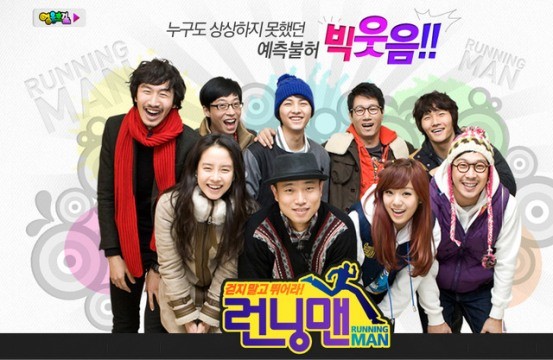In a statement released by the State Administration of Press, Publication, Radio, Film, and Television (SARFT), China's top media watchdog, on Wednesday, July 22, reality shows will be subjected to tighter regulations.
According to SARFT's statement, some television reality shows lack substance and promote wrong values.
China's top media and television watchdog has embarked on a crusade to improve the quality of Chinese TV programs. Television series, above all, must fulfill their educational roles instead of just relying on the promotion of celebrities and such.
SAFRT also included that reality shows should showcase ordinary lives among ordinary people instead of focusing on money-worship plots. Production teams of such reality shows should use the platform to educate viewers about socialist core values instead of highlighting conflict and irrational behavior.
"I Am a Singer," "Running Man," and "We Are in Love" are some of the popular reality shows in China that feature popular singers, models and actors. Produced in Korea, "We Are in Love" requires celebrities to act as couples and live together. The show created a controversy when Korean actor Choi Si-won and supermodel Liu Wen gave each other gifts worth over 150,000 yuan.
"The popularity of reality shows has prompted advertisers and sponsors to spend huge amounts of money on celebrities. Many producers want to get celebrities on their shows because it could lead to higher ratings. The quality of reality shows has suffered because most of the money is spent on the stars," Hangzhou-based media analyst Ying Xiaoqiang said in an interview with the Global Times.
Although it is hard for a reality show to achieve high ratings without featuring any well-known celebrities, the feat is not impossible; such is the case with "The Voice of China," which focused on ordinary yet talented people.
SARFT's tight regulations on reality shows are not permanent, however, as they are not a law.






















